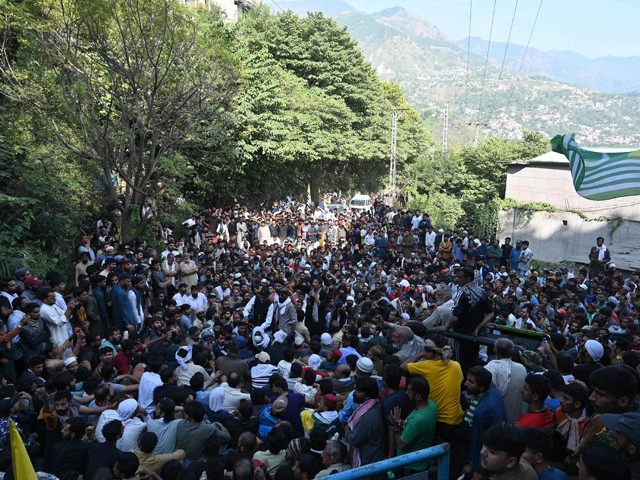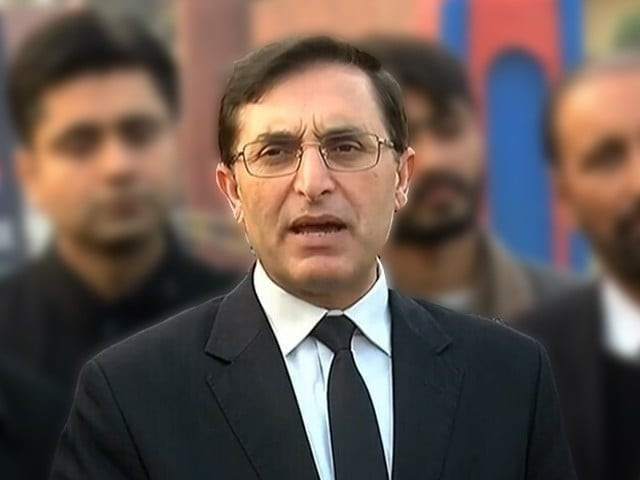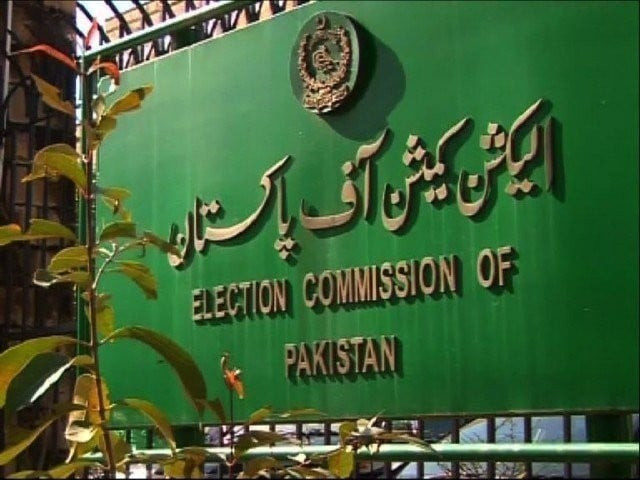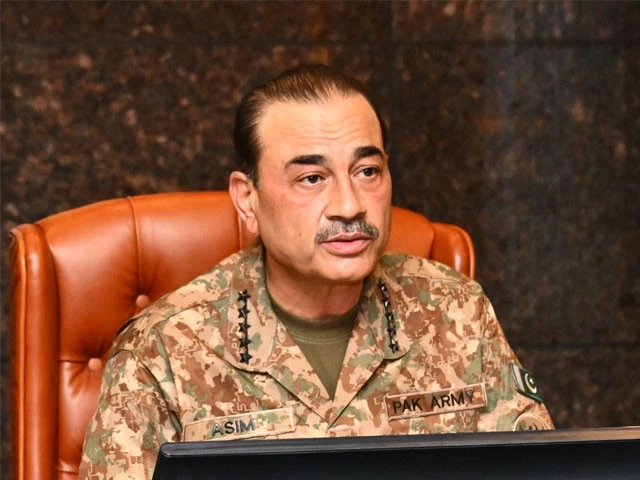The Rising Tensions in Azad Kashmir: A Call for Dialogue and Justice
Recent events in Dhir Kot, Azad Kashmir, have captured headlines and ignited emotions across the region. The tragic loss of three police officers in an attack by armed individuals linked to the Awami Action Committee has left families devastated and communities shaken. Constables Khurshid, Jameel, and Tahir Rafi are not merely names; they represent the sacrifice of those who keep the peace in our society.
The outpouring of grief from the families of the victims is palpable, as they demand justice and accountability from the government. It’s crucial that authorities respond decisively, ensuring that those responsible are brought to justice. A strong response is necessary not only for the victims’ families but to maintain trust in law enforcement.
AJK Prime Minister Chaudhry Anwarul Haq has extended an olive branch to the Awami Action Committee, suggesting a dialogue to address the issues that have led to this violence. While it’s clear that people’s frustrations are rising, especially after a wave of protests escalated into violence, a constructive conversation could pave the way for understanding and resolution.
It’s worth noting that previous authorities had already addressed many of the Awami Action Committee’s demands—accepting around 90% as recently as September. This makes the recent resurgence of protests puzzling but illustrates just how deeply these issues resonate with the public.
On the ground, life in major districts came to a standstill due to a shutter-down and wheel-jam strike led by the Jammu Kashmir Joint Awami Action Committee. This strike, while intended to express constitutional grievances, turned violent at Neelum Bridge when confrontations arose between different groups, resulting in further chaos and loss of life. Such incidents not only disrupt daily life but escalate existing tensions, creating a cycle that is difficult to break.
As more visuals of the violence surface online, transparent dialogue becomes even more critical. The leaders must facilitate discussions that allow for empathy and solutions rather than further division. It’s also essential for citizens to engage responsibly in protests, emphasizing peaceful expressions of dissent rather than violence.
Despite the turmoil, there’s a glimmer of hope. The call for dialogue from the Prime Minister can hopefully steer this situation towards a peaceful resolution. We all yearn for stability, and finding common ground through conversation could lead to a brighter future for Azad Kashmir.
In these challenging times, connecting with communities and fostering understanding becomes paramount. For those interested in participating in constructive discussions or seeking further resources on peacebuilding initiatives, Pro21st may offer valuable insights and opportunities. Let’s strive for a more united and peaceful society.
At Pro21st, we believe in sharing updates that matter.
Stay connected for more real conversations, fresh insights, and 21st-century perspectives.





